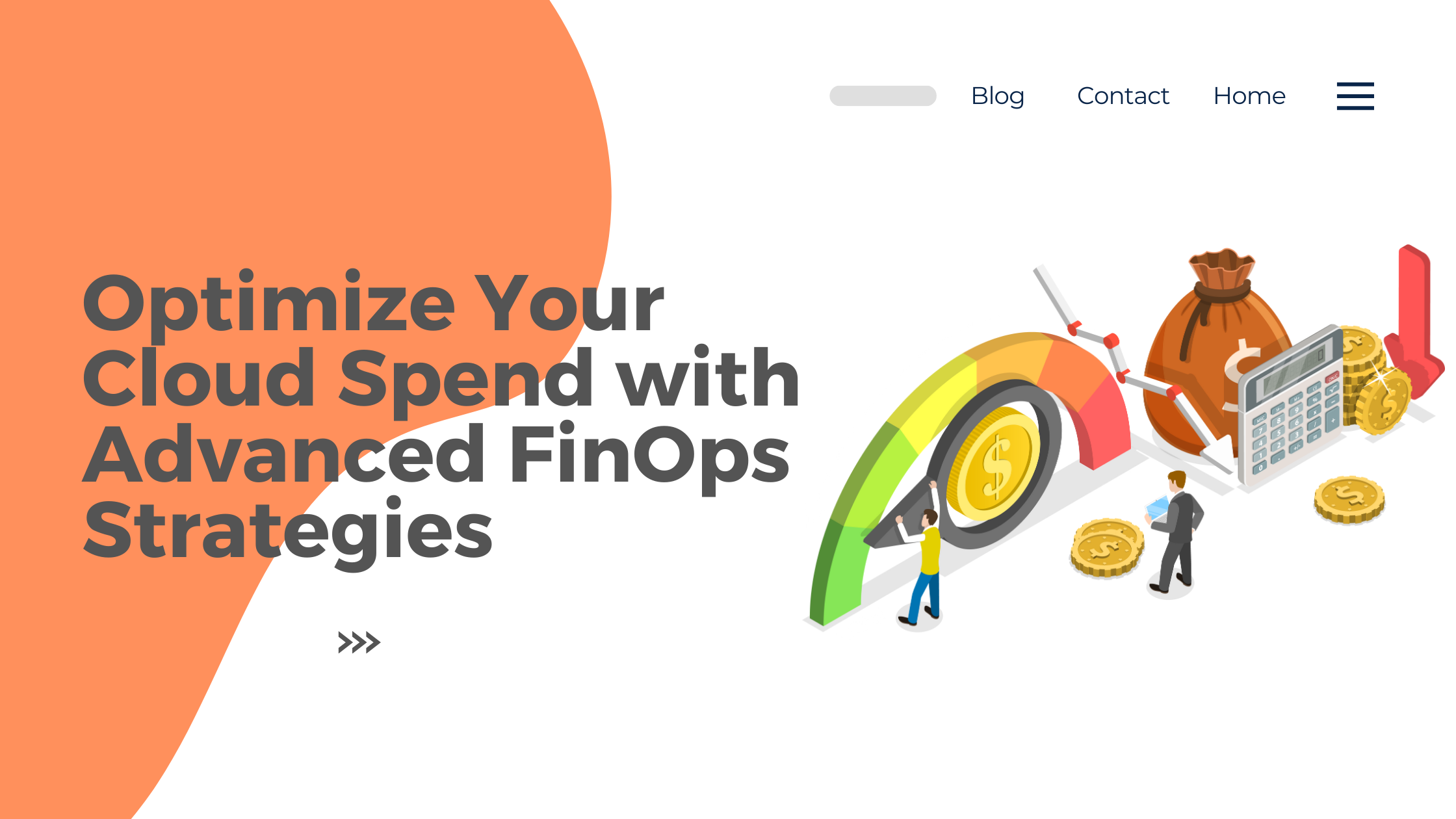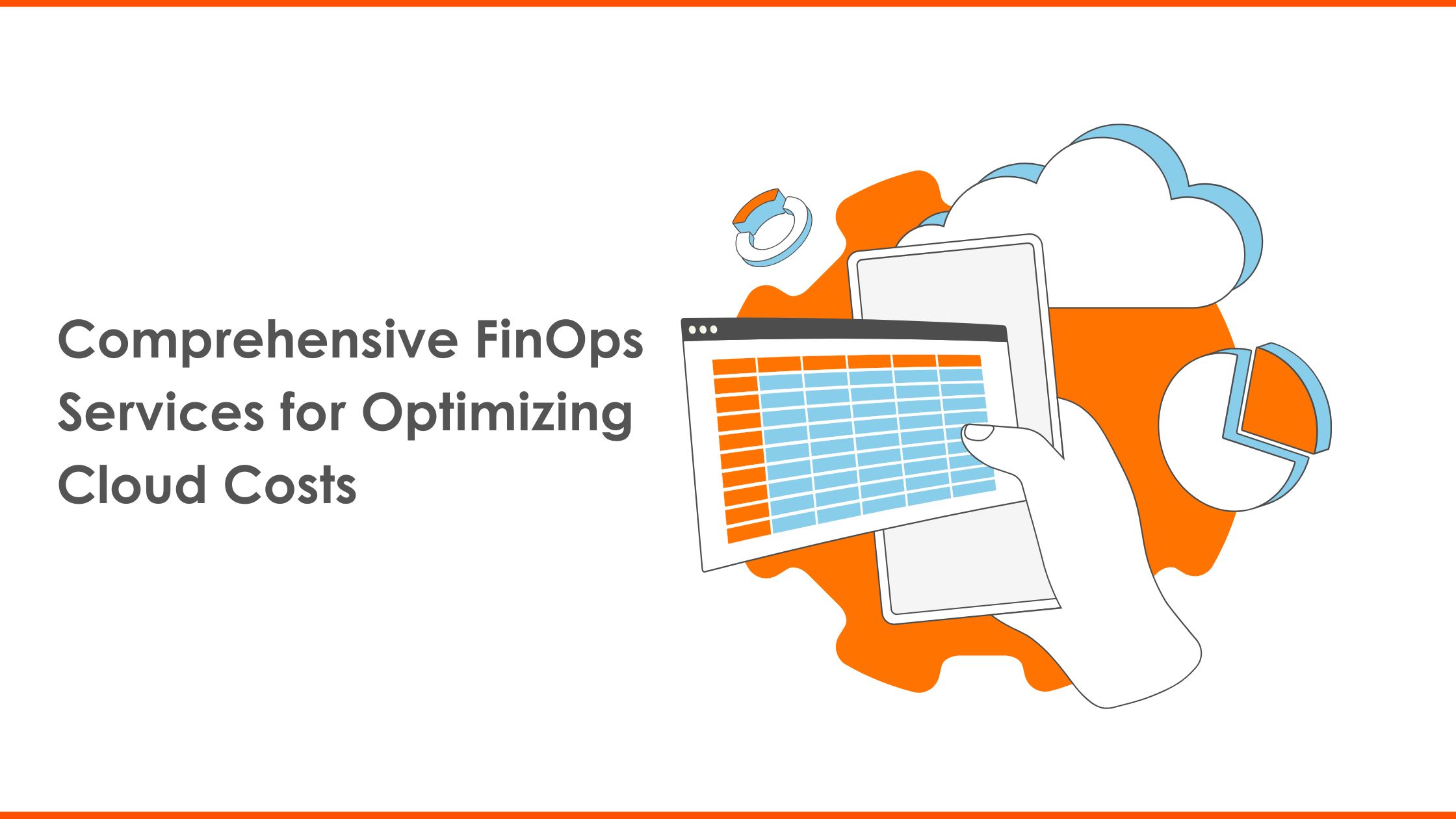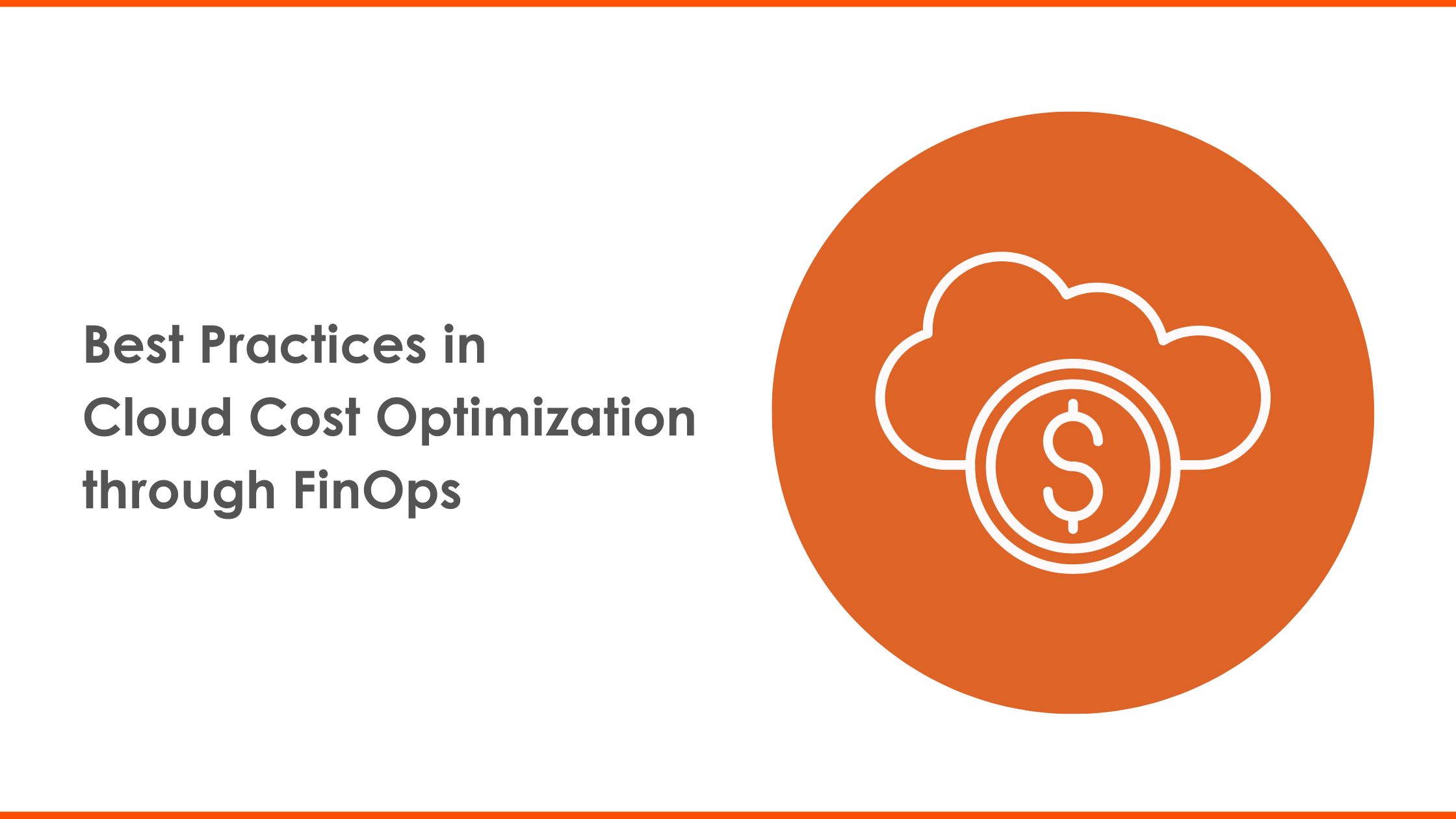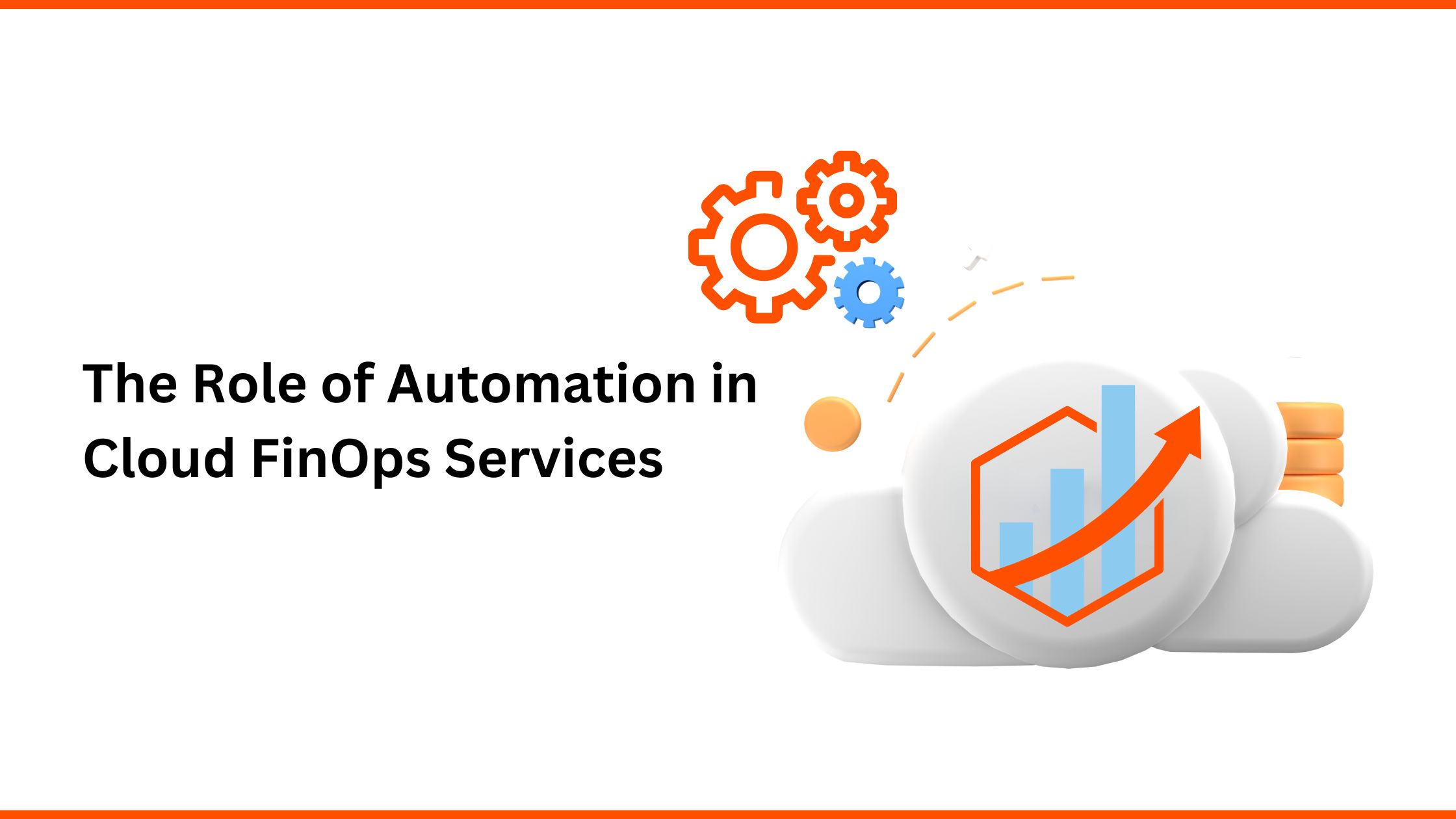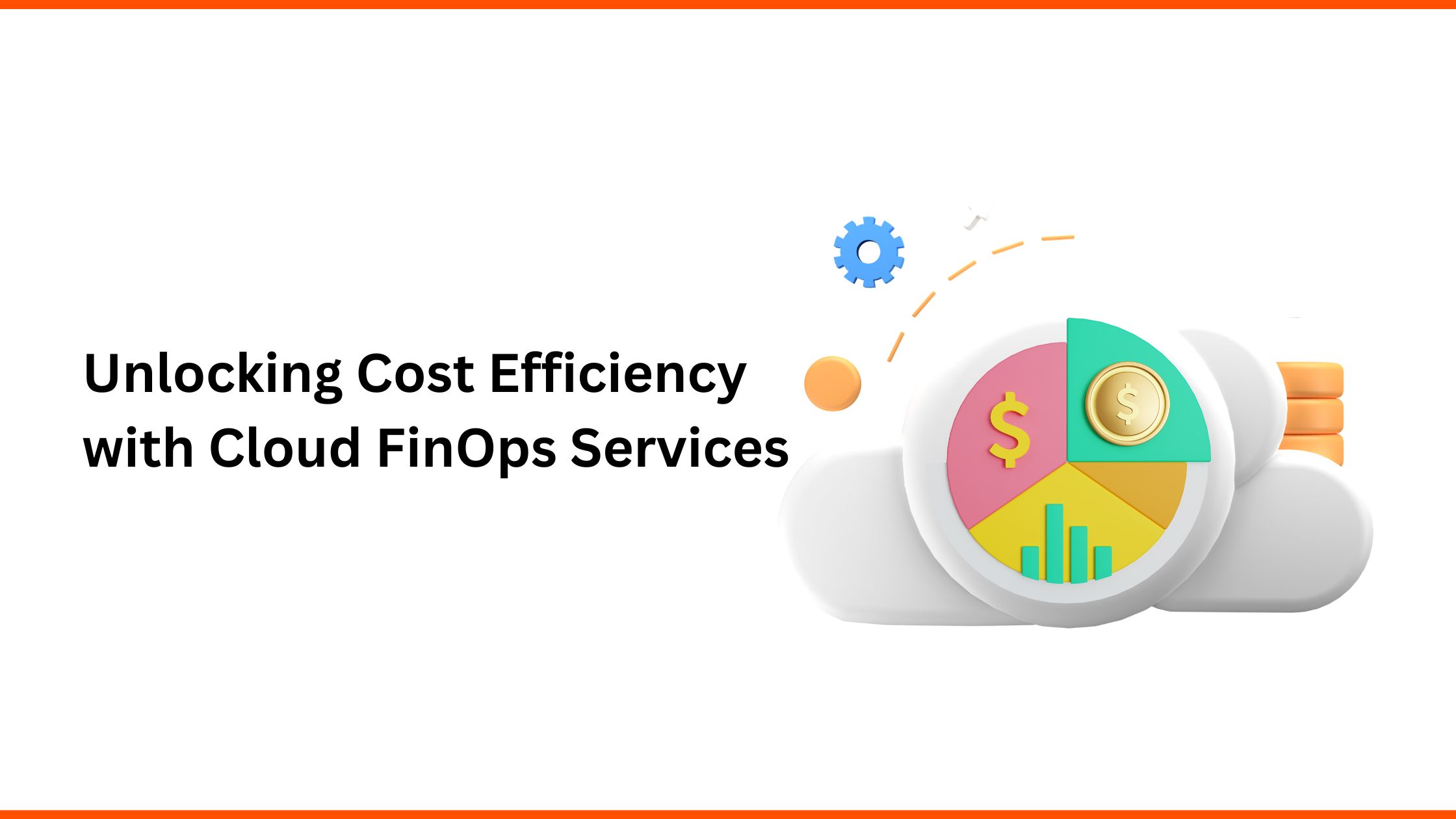Cloud FinOps Best Practices: A Roadmap to Cloud Cost Efficiency

Strong 8k brings an ultra-HD IPTV experience to your living room and your pocket.
Building upon the foundation of Cloud FinOps principles, let's delve deeper into specific best practices that can help you achieve cloud cost efficiency and drive business value.
1. Tagging and Labeling: Implement a consistent tagging and labeling strategy for your cloud resources. This enables you to track costs by department, project, or application, making it easier to identify cost drivers and allocate expenses accurately.
2. Anomaly Detection: Utilize anomaly detection tools to identify unusual spending patterns or sudden spikes in cloud costs. This allows you to investigate potential issues promptly and take corrective action before costs escalate.
3. Cost Allocation and Chargeback: Implement a cost allocation and chargeback model to distribute cloud costs fairly across different business units or departments. This fosters accountability and encourages responsible cloud usage.
4. Cloud Governance: Establish clear cloud governance policies and procedures to ensure compliance with best practices, security standards, and cost optimization measures. Regularly review and update these policies as needed.
5. Vendor Management: Negotiate favorable terms with cloud providers and explore options for volume discounts or custom pricing. Stay informed about new offerings and pricing changes to make informed decisions.
6. Skills and Training: Invest in training and development for your teams to ensure they have the knowledge and skills necessary to manage cloud costs effectively. This includes understanding cloud pricing models, optimization techniques, and FinOps tools.
7. Continuous Improvement: Cloud FinOps is an ongoing process. Regularly review your cost optimization strategies, track your progress, and identify areas for improvement. Embrace a culture of continuous learning and adaptation to stay ahead of the curve.
Cloud FinOps Tools:
Cloudability: Provides comprehensive cost visibility and optimization recommendations.
Apptio Cloudability: Offers cloud financial management and optimization capabilities.
Harness: Helps with cloud cost management and governance.
The Future of Cloud FinOps: Trends and Innovations
The Cloud FinOps landscape is constantly evolving, with new trends and innovations emerging to address the challenges of cloud cost management. Artificial intelligence (AI) and machine learning (ML) are increasingly being leveraged to automate cost optimization, identify anomalies, and provide predictive insights. Serverless computing and cloud-native technologies are also gaining traction, offering greater flexibility and cost-efficiency. Staying abreast of these trends and adopting emerging technologies can help organizations stay ahead of the curve and maintain a competitive edge in the cloud.
Measuring Cloud FinOps Success
Measuring the success of your Cloud FinOps initiatives is crucial to ensuring that you're on the right track and achieving your desired outcomes. Key metrics to track include:
Unit Cost: The cost per unit of cloud resource consumed (e.g., cost per GB of storage, cost per hour of compute).
Cost Avoidance: The amount of cost that has been avoided through optimization efforts.
Return on Investment (ROI): The financial return generated from your cloud investments.
By tracking these metrics and regularly reviewing your progress, you can identify areas for improvement and make data-driven decisions to optimize your cloud spending.
Conclusion:
Cloud FinOps is a powerful framework for achieving cloud cost efficiency and maximizing the value of your cloud investments. By implementing these best practices and utilizing the right tools, you can gain control of your cloud spending, drive innovation, and achieve your business objectives. Remember, Cloud FinOps is not a destination but a continuous journey of optimization and improvement.
Note: IndiBlogHub features both user-submitted and editorial content. We do not verify third-party contributions. Read our Disclaimer and Privacy Policyfor details.



